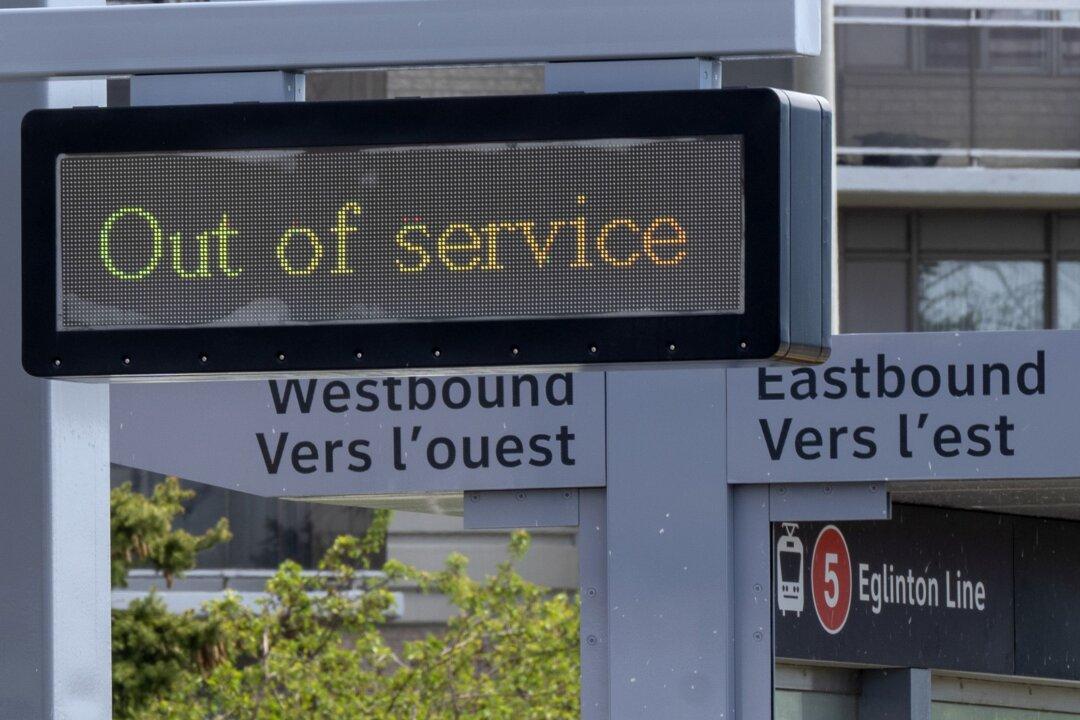Commentary
Last week, a major Toronto infrastructure project celebrated a sad milestone. Nov. 4 marked the 14th anniversary since the beginning of the construction of the Eglinton Crosstown LRT.

Last week, a major Toronto infrastructure project celebrated a sad milestone. Nov. 4 marked the 14th anniversary since the beginning of the construction of the Eglinton Crosstown LRT.